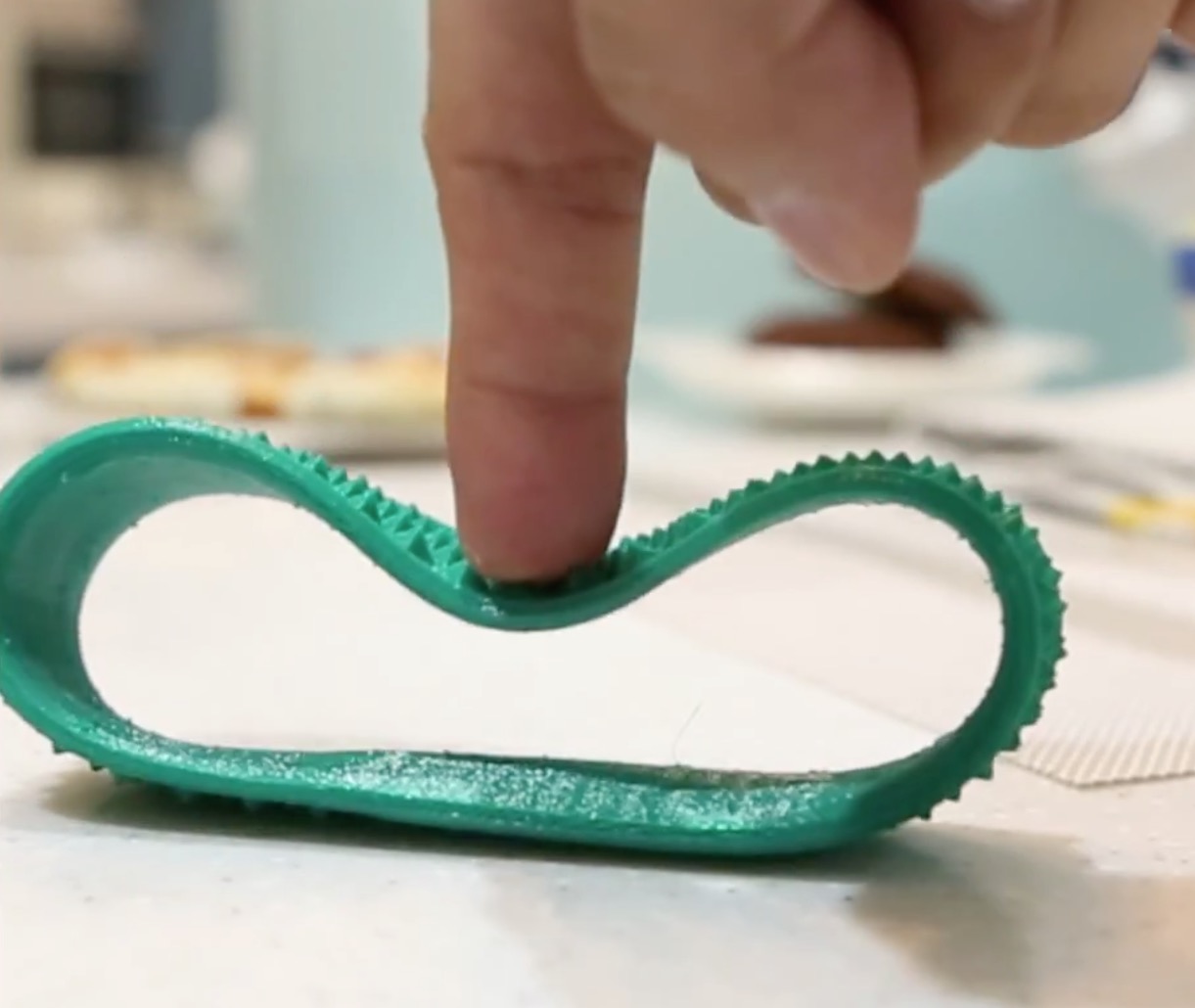
Korea-based ROKIT has released two new non-toxic 3D print materials: “Skinflex” and “Kitchen&Deco”.
We’re quite interested in this development, as there seems to be little interest by most 3D print industry participants in the issue of chemical safety.
We know, based on previous studies, that heated plastics do emit nanoparticles. In particularly, ABS plastic was found to emit 10x more particles than does PLA printing. These airborne particles could be inhaled or deposited on human skin, leading to unknown future medical conditions. That’s why we always insist those with desktop 3D printers use sufficient ventilation systems, or use 3D printers with on-board filtration schemes.
ROKIT, makers of the powerful 3Dison series of desktop 3D printers, describes the two materials as “non-toxic”, but this means they “fulfill standard US FDA food contact requirements”. In other words, you could produce kitchen utensils and equipment that can come in contact with the plastic and not fear contamination by harmful substances, at least from the plastic itself. There are still issues with 3D printed food containers, in that they often cannot be adequately cleaned from previous use due to the irregular layered surface, but that’s not something ROKIT or anyone else can solve.
You might be asking why we think this is important, given that ABS, for example, is said to be a relatively safe plastic. It’s because the material studies deal with PURE plastic, not plastic that’s had unknown quantities of additives to aid in flexibility, color or temperature properties. In other words, a random spool of ABS or PLA plastic certainly contains ABS or PLA, but it also contains other substances that are not described and could be harmful.
ROKIT’s new materials do not have such harmful substances and are officially certified. It’s possible that other filaments might be safe, but we haven’t seen anyone else obtain the certifications that ROKIT has done.
The company suggests that 3D printers in use by educational institutions could benefit by using their filaments because it removes risks from carcinogens and endocrine-disrupting chemicals (BPA).
The new materials will be available in 700g spools at a cost of USD$45 for Kitchen & Deco and USD$52 for Skinflex.


